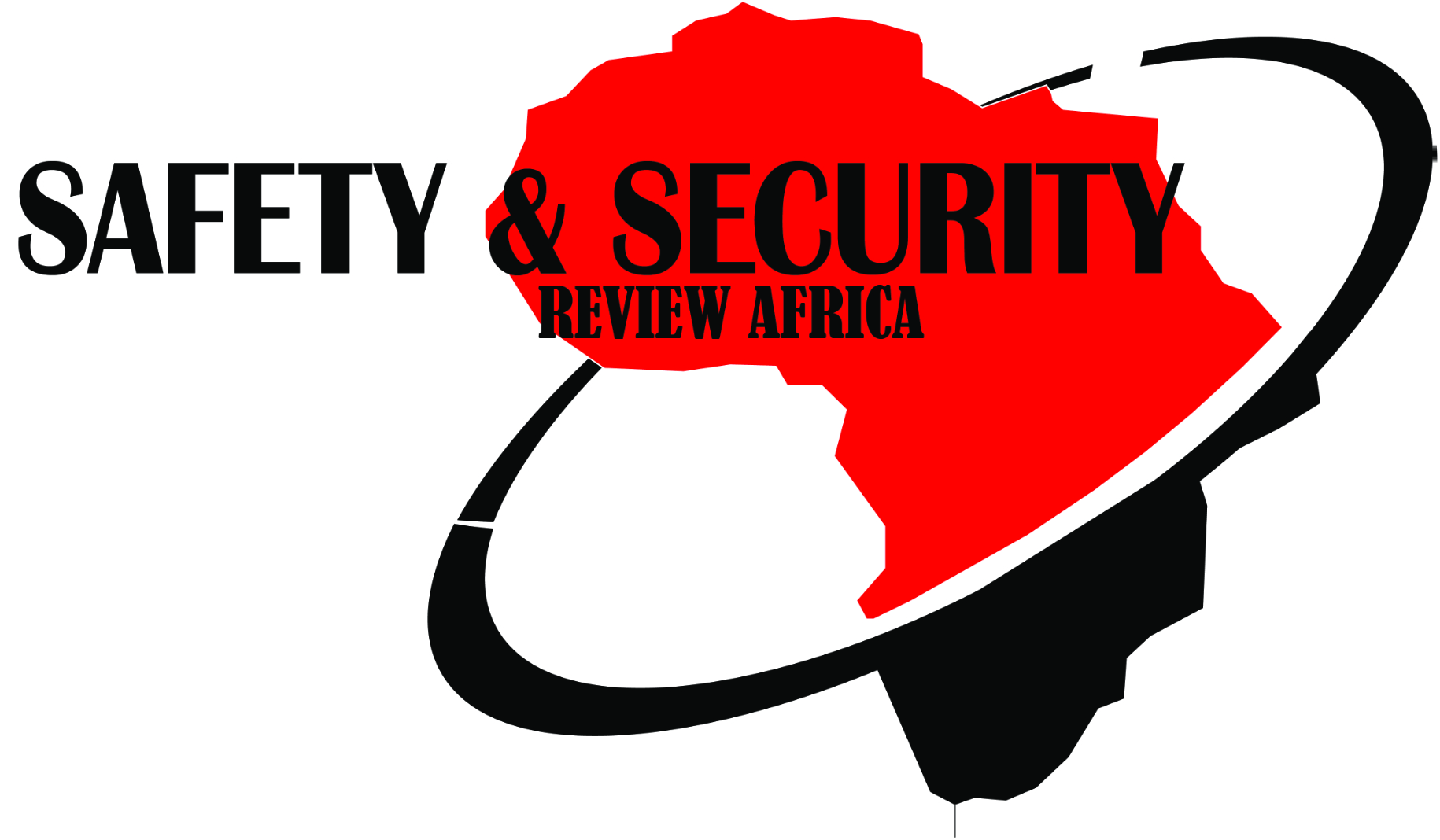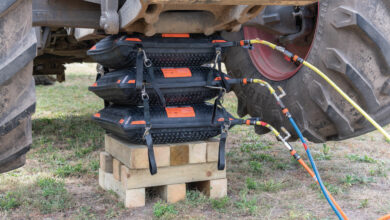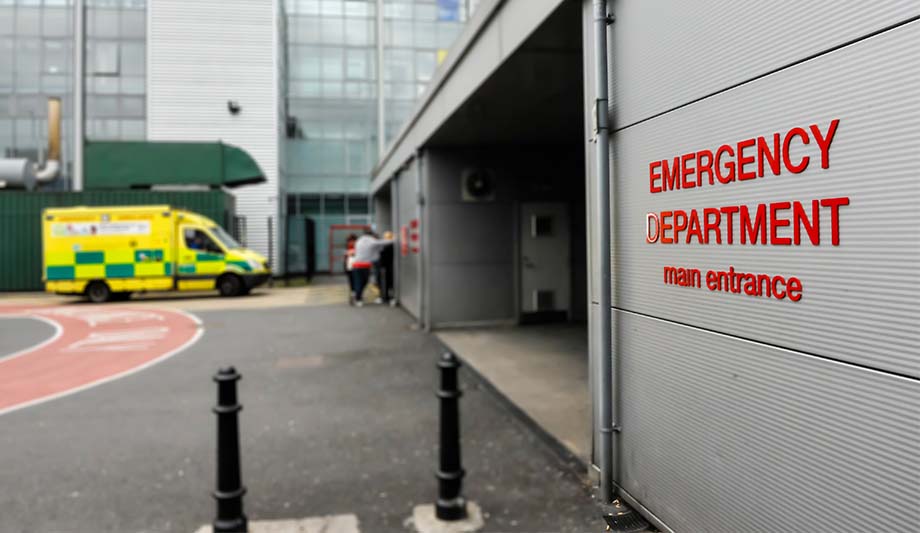Coronavirus – Africa: Women, Peace and Security (WPS) in the face of COVID-19

Wherever you are, I know the immense uncertainty created by the current COVID-19 pandemic is affecting you deeply, as it continues to cause havoc in all our countries. I pray that you and all your dear ones are safe and healthy in these dire times.
Indeed, the world is faced with an unprecedented health, economic and societal crisis. In Africa, as of today, fifty-two (52) countries out of fifty-five (55) African Union Member States have reported cases of the lethal virus, and governments are putting in place urgent measures recommended by the World Health Organization (WHO), the African Centres for Disease Control (African CDC) and national health authorities, to fight the spread of the disease and protect individuals and communities. As the virus continues to hold the world in its grip, there is growing evidence that women and girls are at risk in specific, gendered ways. We must highlight some of these for urgent action.
First, there are widespread reports of increasing domestic violence , gender-based violence and sexual offences, as families are confined due to quarantine and lockdown measures . Women are forced to remain at home in spite of the risks to their lives, yet, legislation in many countries provide that the violence perpetrator must be the one to leave. I therefore call for more vigilance and actions to continue protecting our women and girls. Our homes are meant to be, and must remain, safe places for women and families.
Second, globally, women make up 70% of the workers in the health sector , although the numbers decrease in leadership positions. Often, women are also the primary caretakers in their communities. This puts them at the forefront of battling the crisis, thus exposing them to high risk of infection and fatalities, particularly as personal protective equipment (PPE) remain scarce.
At the global level, the United Nations (UN) Secretary General, Antonio Guterres, similarly called on all warring factions in the world to declare a ceasefire: “It is time to put armed conflict on lockdown and focus together on the true fight of our lives.”
Yet, recent events in the Lake Chad and Sahel regions point to an escalation of violence by Boko Haram , while populations in the Eastern part of the Democratic Republic of Congo (DRC) continue to suffer from attacks by armed groups . It is well documented that women and girls suffer in particularly tragic and life-changing ways, from violence during conflicts. Therefore, if the coronavirus strikes in conflict zones, the consequences will be dire. The WHO Executive Director, Dr Tedros Ghebreyesus, during the launch of the Global Humanitarian Response Plan,stated: “People and communities that are already uprooted due to conflict, displacement, the climate crisis or other diseases outbreaks are the ones we must urgently prioritize.”







